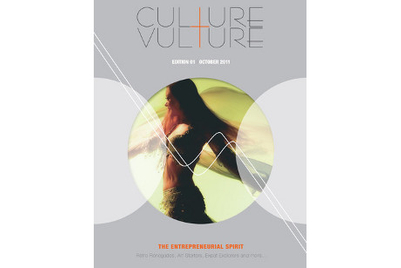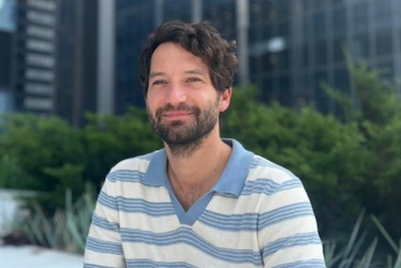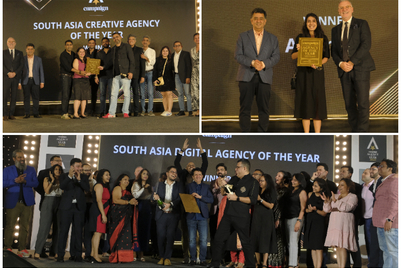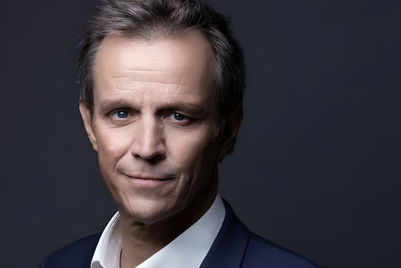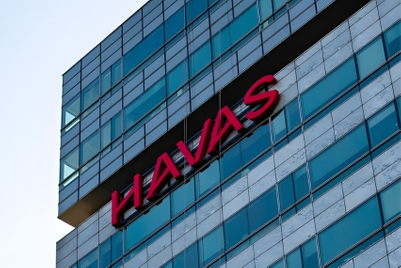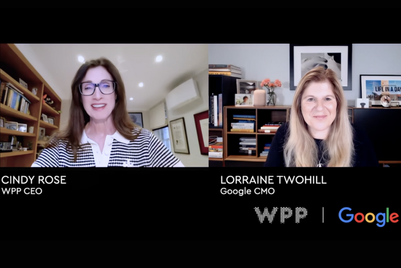
How do you handle global pitches like that of Unilever which is undergoing a pitch as we speak? Do you follow a strategically centralised approach or otherwise?
It depends entirely on our client and what brief he gives us. Some clients ask for a very centralised approach, like Lufthansa Airlines. Then you have very localised clients, like Nestle. The markets are what really driving those decisions. And primarily, it's how the client wants it to be. One of the biggest truths of advertising is that we follow the client’s structure and it is never the other way around.
How are the media spends getting affected amidst the current slowdown in the U.K. and the U.S.?
There is slow growth in Europe, perhaps in low single digits. Media spends in Europe is still increasing, it's just a tad slow. But the spends are not going down in Europe. Asian market is definitely growing in double digits, again the growth figures are in the teens, but there's double digit growth. As far as media spends in a particular medium are concerned, without a doubt, digital is the fastest growth area almost everywhere in the world. It tends to take money out of print more than TV. In reality, digital is a better replacement for print provided the tablets get established for they give a beautiful print experience. Once print becomes online print, you will see the experience get better, and money get better as well.
If you look at the Asia-Pacific market, Mindshare has won accounts like Red Bull and Air Asia, and retained accounts like Hong Kong Tourism Board in the last one year. Whereas, the major win for the agency in the U.K. would perhaps be Royal Mail (£ 5 m) and Post Office media (£ 12 m). Could you comment on the growth scenario in the two markets with respect to these developments?
It’s only April and to get those two accounts (Royal Mail and Post Office media) in the start of the first quarter is not a bad start. For the U.K, these are big numbers, they might not be big globally, but they are big numbers. The U.K business is big business. It doesn't just stress on the size of new businesses but on retaining old businesses. At Mindshare, we believe that if the economy is growing at 5%, we want to grow at 6-7% in that market. In UK the economy is growing at 2%. Asia is doing very well though. Major growth is coming from Asia and Latin America, most definitely. There’s growth in ideas, techniques and skills, especially in business planning and consultancies division. We have developed deep relationships with clients in these markets which go beyond the tag of a media company to being their trusted partners.
Could you name a few such clients in India that Mindshare enjoys such an association with?
We have a trusted relationship with GSK (GlaxoSmithKline) in India. Ford and Pepsi are the other big ones that we enjoy such association with. In these cases, the client happily delivers more business. That encourages us to see Asia as not growth centre of money but a growth centre for ideas.
What kind of talent are you looking at hiring, both at the global and local level?
Ravi Rao has got interesting new people on board for Mindshare India. These include social mavericks as well as analysts from KPMGs of the world. He is looking for much broader range of skillset today - Consultants, analysts, data interpreters, people in the business of TV production, or digital creative heads. In Asia, we are statistically hiring at the graduate level. Asia business is growing. We have to be a good talent magnet for potential recruits.
How exactly do you plan to project yourself as a good talent magnet?
We just have to tell young graduates the truth better. That a job profile in a media agency is more exciting than its image. It is much more business oriented. You get to be responsible creatively, in a very different way. You get to be a trusted advisor for your client and not just the salesman for his product.
Young media planning aspirants grudge the fact that they don't get to directly interact with the clients for a very long time on the job. Any comment on that?
We are handling large sums of money of the clients. We have to be compliant of all the systems and processes to make sure we spend the money correctly. That itself makes us much more responsible in the business. A client pays us to spend their money carefully and wisely. They wouldn’t want us to give too much flexibility to too many people too quickly. We are our client’s investment manager. We can't change what we do. This is one of the biggest cultural difference between creative and media agencies.
...


.jpg&h=334&w=500&q=100&v=20250320&c=1)
.jpg&h=334&w=500&q=100&v=20250320&c=1)

.jpg&h=334&w=500&q=100&v=20250320&c=1)


.jpg&h=334&w=500&q=100&v=20250320&c=1)
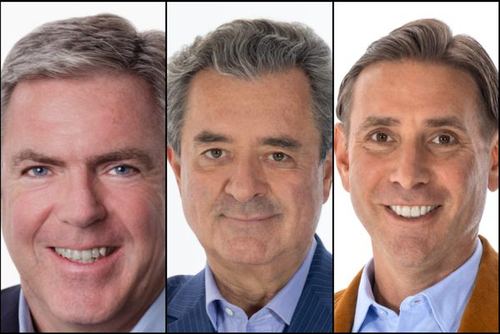
.jpg&h=334&w=500&q=100&v=20250320&c=1)
.jpg&h=334&w=500&q=100&v=20250320&c=1)

